Evans Scholar Brion Johnson: From caddie to Chief Investment Officer at The Hartford
Brion Johnson had two goals the first time he picked up a golf bag at the former South Shore Country Club in Chicago. His long-term focus was to make enough money to help pay for prep school, and then hopefully land a college scholarship. But the short-term achievement Johnson had on his mind was just as important because it meant carrying on a family legacy.
Johnson’s two older brothers had been named Rookie Caddie of the Year at South Shore, and 13-year-old Brion set his sights on making it three in a row. In order to do that, however, he’d have to compete against other kids who were bigger and older.
“The problem I had was that I wasn’t a big kid,” Johnson said in a recent telephone interview. “I was pretty skinny. So the guy running the clubhouse wouldn’t let me carry double [bags].
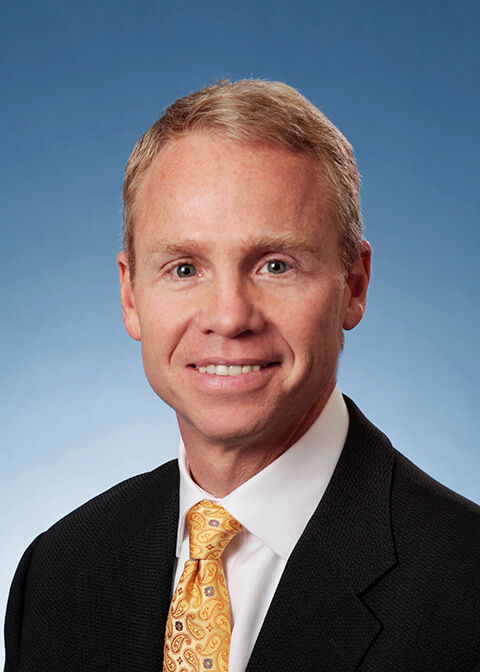
“So I would only get graded half as much as anyone who could carry doubles, and there was another guy who was probably about three years older than I was and big enough to carry two bags at a time.”
RELATED: Evans Scholar Gracie DeRosa excels on the golf course and in the classroom
Unfazed, Johnson set out to prove Mark Twain’s adage: It’s not the size of the dog in the fight, it’s the size of the fight in the dog. If Johnson couldn’t carry the same weight in one round, he’d make sure to be available to make two or more tee times in one day.
“So if I didn’t loop twice as much as he did, I didn’t have any opportunity to win,” Johnson said. “It meant getting there early and leaving there late. And it meant outworking him when he went on vacation. I worked like crazy to get ahead and never fell behind. I was able to get that Rookie Caddie of the Year [award] but only because I was willing to work at it.”
Proving that hard work does pay off is one of the core values Johnson carries to this day as chief investment officer of The Hartford and president of its asset management subsidiary, Hartford Investment Management Company. His role includes executive leadership of strategy, ventures, mergers and acquisitions and The Hartford Way, a way of working that places the customer at the center of everything The Hartford does.
“The Evans Scholarship is a life-changing thing, and at the time, you don’t even get it. You realize it’s a good thing, but you have no idea that it’s a life-changing thing.” — Brion Johnson
In addition to hard work, here are the other six lessons Johnson learned as a caddie he believes have guided him throughout his career: 1. Keep your mouth shut and keep up; 2. Do your homework; 3. Strive to be in the right place at the right time; 4. If you don’t know the right answer, look it up; 5. Think ahead; 6. Manage relationships.
Johnson’s parents wanted their sons to attend Saint Ignatius College Prep, which lists longtime Chicago White Sox owner Charles Comiskey, actor and comedian Bob Newhart, and journalist Michael Wilbon as some of its more well-known alumni. But a private school costs money, which is why Brion and his siblings went to work, first at South Shore and then at Beverly Country Club.
“My oldest brother was also a caddie and an Evans Scholar [at Northwestern], and I have two other brothers who caddied as well,” Johnson said. “At some point, there was a whole passel of Johnson boys carrying bags at different places.
“I was pretty focused on it at a young age, believe it or not, with the intention of going after the Evans Scholarship. There was a relative of ours who had mentioned it to us. One of the requirements for the Evans Scholarship is financial need. We also needed the money.”
MORE: Evans Scholar Josh Pearl — from caddie to Director of Sportsbook Operations
Working as a caddie can be gratifying but it’s also grueling. The physical aspects of the position are pretty obvious. But Johnson said the mental focus required is just as important, particularly when it comes to the basics.
“Keep your mouth shut and keep up,” Johnson said. “You’re not there to chat, you’re there to carry the bag, watch the ball, know the yardage and stay in front of the player and find the ball when it’s not where it belongs. That lesson is actually one of those things that gets reinforced over time.”
But the difference between being a good caddie and an excellent one requires additional effort. It’s just like preparing for your career, Johnson said. To be exceptional, you have to be willing to put in the time, energy and thought to make yourself better.
The list of winners of major events at Beverly include the likes of Francis Ouimet, Jack Nicklaus and Arnold Palmer. And with over 330 of the 10,830 Evans Scholars alumni, the Beverly Country Club boasts the record for the largest number of Evans Scholar alumni from any single club in America.
Johnson remembered a specific incident at South Shore that sticks with him to this day.
“I can remember the first time I was caddying for the president of the club,” Johnson recalled. “That was a big deal for me. We get halfway down the first hole, it’s probably 95 degrees out with 98 percent humidity, and he was bald and sweating profusely.”
The club president asked Johnson for a moistened towel, but that required the caddie to go back to the clubhouse for it.
“So I put the bag down,” he said. “He picked it up and I thought, ‘Oh my god, the president of the club is carrying my bag.’ So I ran as fast as I could for 150 yards or more, grabbed a pile of these towels and ran as fast as I could back.
“He hadn’t gotten very far but I almost had a heart attack [thinking about it]. And I realized I should probably have some of these on hand the next time I go out. And it just so happened the next time I had him, we got about halfway down the first hole and he said, ‘Hey, I need some of those moistened towels’ and this time, I had some. He then started requesting me as a caddie. So there was a reward for thinking ahead.”
Johnson also quickly realized knowing exact yardages for different landing areas on every hole would not only save time having to pace it off from a measured spot, but would gain favor with his clients.
“I used to have trees that I knew how far they were to the green, sand traps and how far they were to the green,” he said. “You have to know the course. That carries over into my current world. If you don’t know the environment you’re in, whether it’s good for risk-taking or bad for risk-taking, you’re probably in a bad spot. You should have some sense of how much you’re getting paid for the risks you’re talking.”
Another lesson Johnson learned that directly impacts his management style at The Hartford came from interactions as a caddie.
“You meet a lot of different types of people on the golf course and you really have to sort of manage those relationships a little bit, even though you’re not in the best place to manage a relationship,” Johnson said. “You’re just the caddie. You need to discover people to relate to them in a way that works for them, to have any success in any endeavor. And you do learn that as a caddie.”
It’s the same in finance, especially when you’re responsible for managing over $90 billion in what Johnson describes as “institutional asset classes for a large, mature insurance company.”
“It’s not just the client, but even the people who support you,” Johnson said. “I’m one of those people who sincerely believes that leadership is about accomplishing things with other people that you could never possibly do on your own. If you can’t figure out how to relate to people in a way that works for them, to make them want to support what you’re after, I think you’re going to have trouble succeeding.”
Johnson’s journey to The Hartford started even before he received the Evans Scholarship. Thanks to his caddie connections, he found part-time work that lasted eight years with an actuarial firm while in high school, college and grad school.
“One of the members there took an interest in us, [because] we were always the first guys running around, we were always the first guys there and the last guys to leave because you made more money that way,” Johnson said. “One of the club members had an interest in Notre Dame basketball, and he said, ‘Hey, I’ll take you guys to a Notre Dame basketball game.’ On the way back, as he was driving us home — it was me and two of my brothers — he asked, ‘Are any of you guys good at math?’ And I said, ‘I’m pretty good at math.’ He asked because he said he might have an internship for someone who was good at math.
“Long story, short: I kept ringing the guy up about this internship that he mentioned on the way home and at some point he said to me, ‘Look, if I give you an interview for that, will you stop calling me?'”
That persistence was one trait Johnson carried with him to the University of Michigan, where he realized his true passion was economics.
“I took enough different classes that I found myself far more interested in economics than actuarial science,” he said. “So I was an economics undergrad, mostly because of my attraction to the subject. I liked the fact that it wasn’t just math, it was social science and a broader way of thinking than just a mathematical way of thinking.
That led him back home. Johnson earned an MBA, specializing in finance and concentrating in accounting, from the University of Chicago’s Booth School of Business. He could have returned to his previous employer but chose to branch out in a different direction, one that would eventually lead him to The Hartford.
“I had been offered a job at the actuarial consulting company where I had been working eight years, part-time,” Johnson said. “But I thought it was time to try something different, so I joined an insurance company and was in the financial guarantee business. The business there was analysis of real estate-related projects that we would put our guarantee on to lower the financing costs for it. It was tax-preference financing.
“It was more about being able to analyze projects and structure deals and things like that. So my career started to move in that direction.”
Even now, with all that he’s accomplished, Johnson is still thankful to have been given the opportunity to go to college because he carried golf clubs.
“The Evans Scholarship is a life-changing thing, and at the time, you don’t even get it,” Johnson said. “You realize it’s a good thing, but you have no idea that it’s a life-changing thing.
“I didn’t have the perspective to have a great Plan B for how I was going to go to college if I didn’t get the Evans Scholarship. I probably would have joined ROTC or something like that. To have a full ride and only having to worry about feeding yourself and buying your books was an extraordinary privilege. And I don’t know anyone who doesn’t give back to the program for that reason.
“I can remember getting asked the question at the selection meeting, ‘How are you thinking about the scholarship.’ And I said, ‘I’m thinking about it as a loan, and I’m going to pay you guys back when I can.’ And I have.”
—
The Evans Scholars Program provides academic, professional and social resources that help students maintain a cumulative 3.3 GPA and 95 percent graduation rate. There are a record 985 Evans Scholars enrolled in 18 leading universities for the 2018-19 academic year, and more than 10,830 young men and women have graduated as Evans Scholars since 1930. For more information, visit https://wgaesf.org.


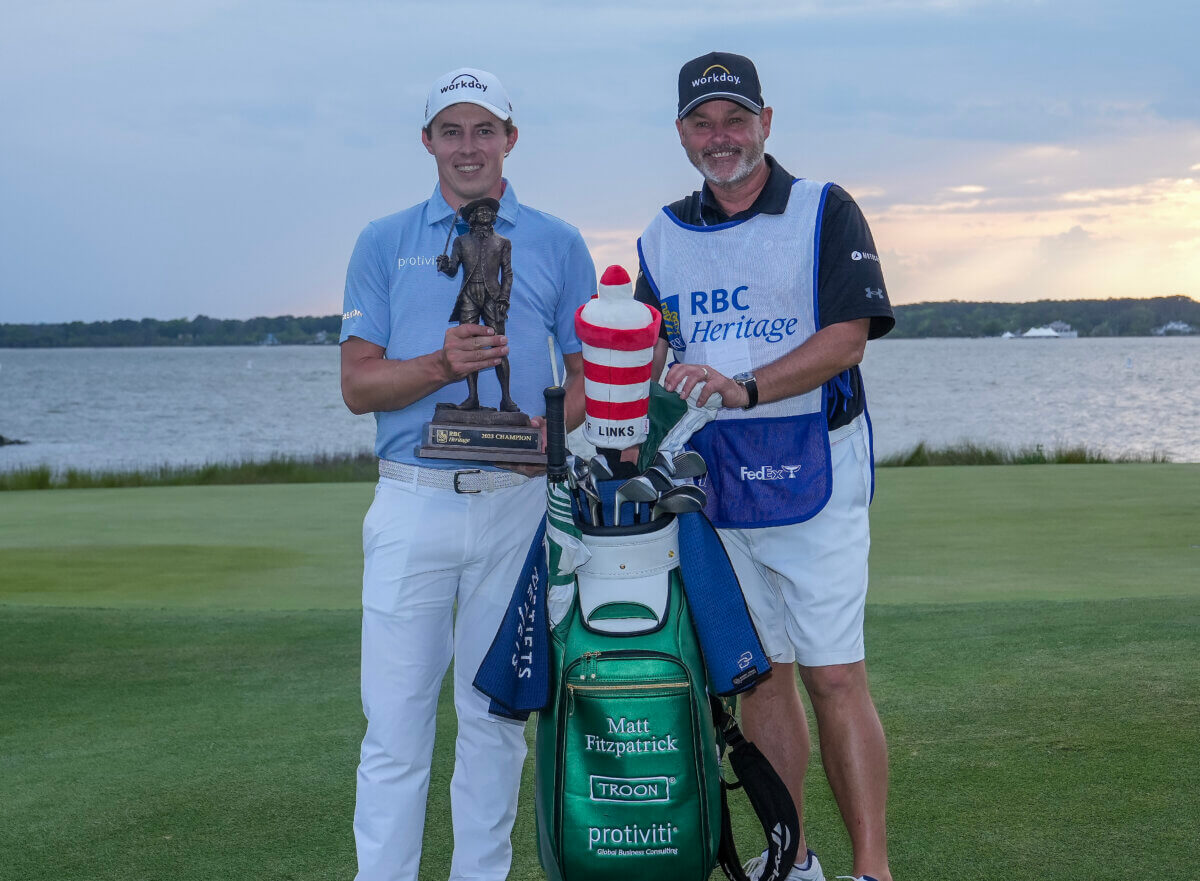
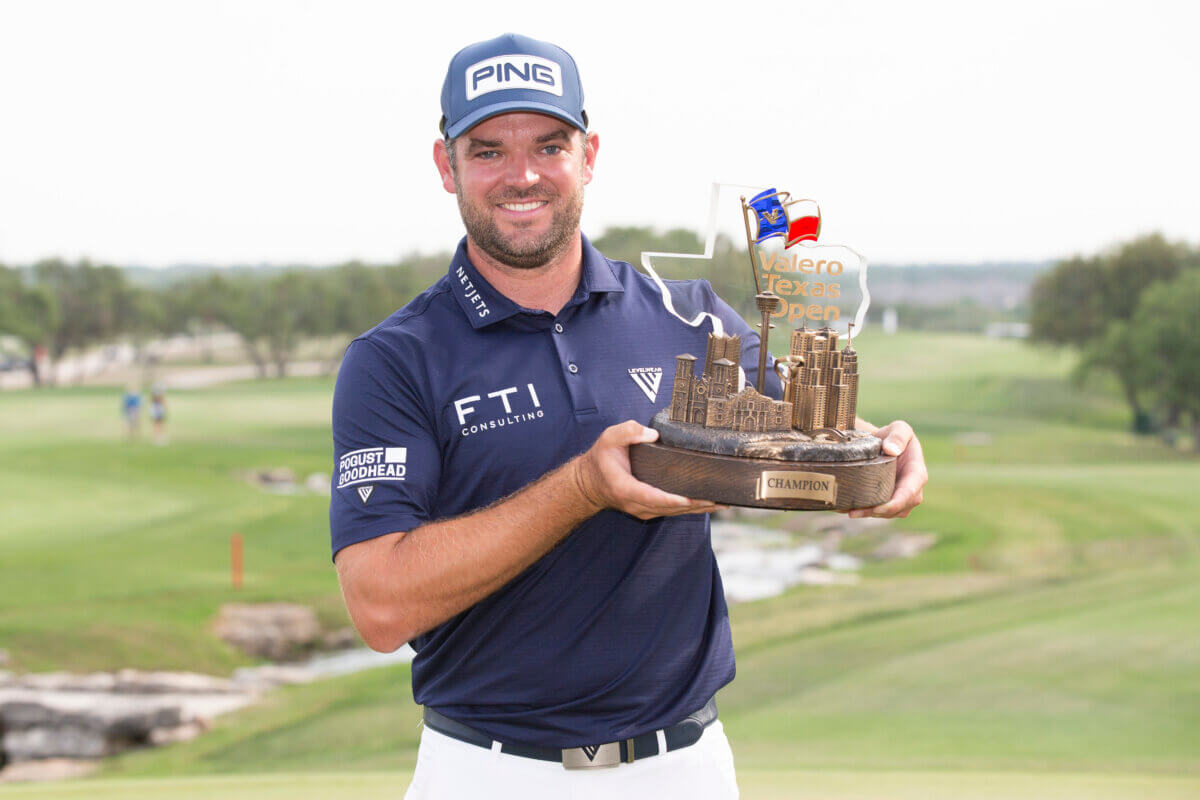
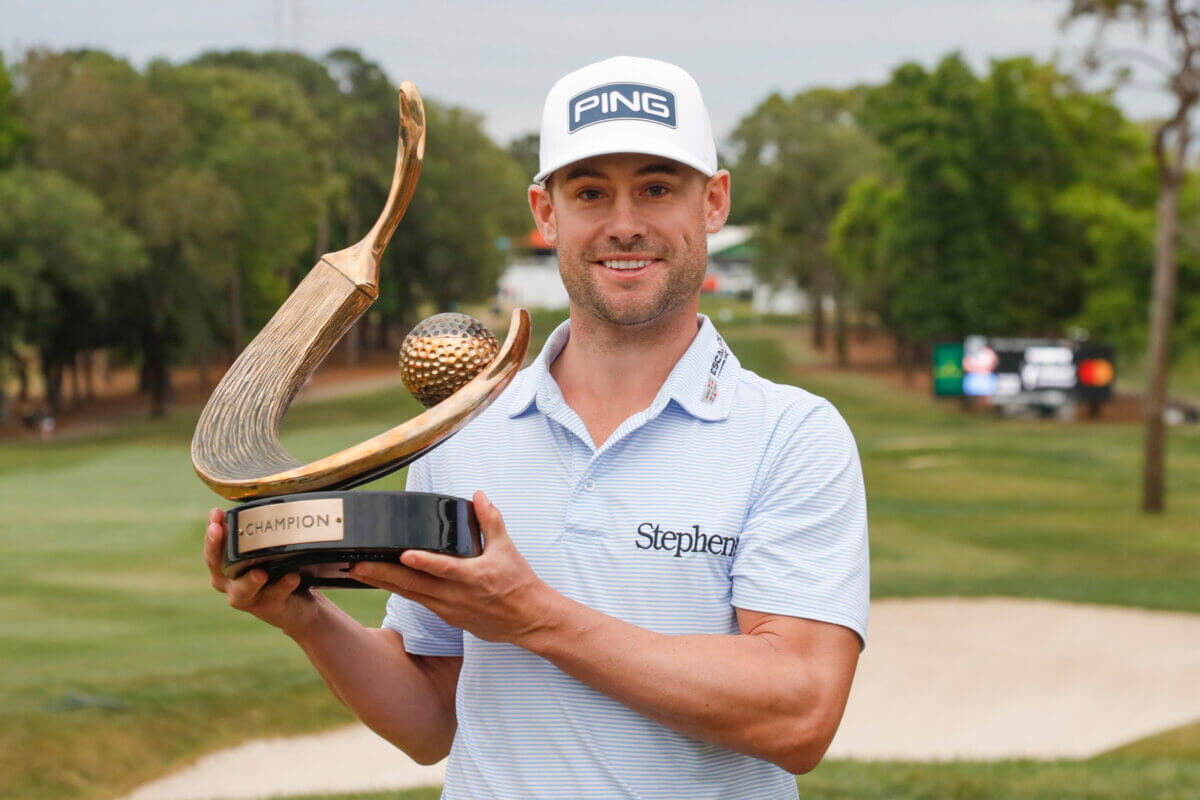
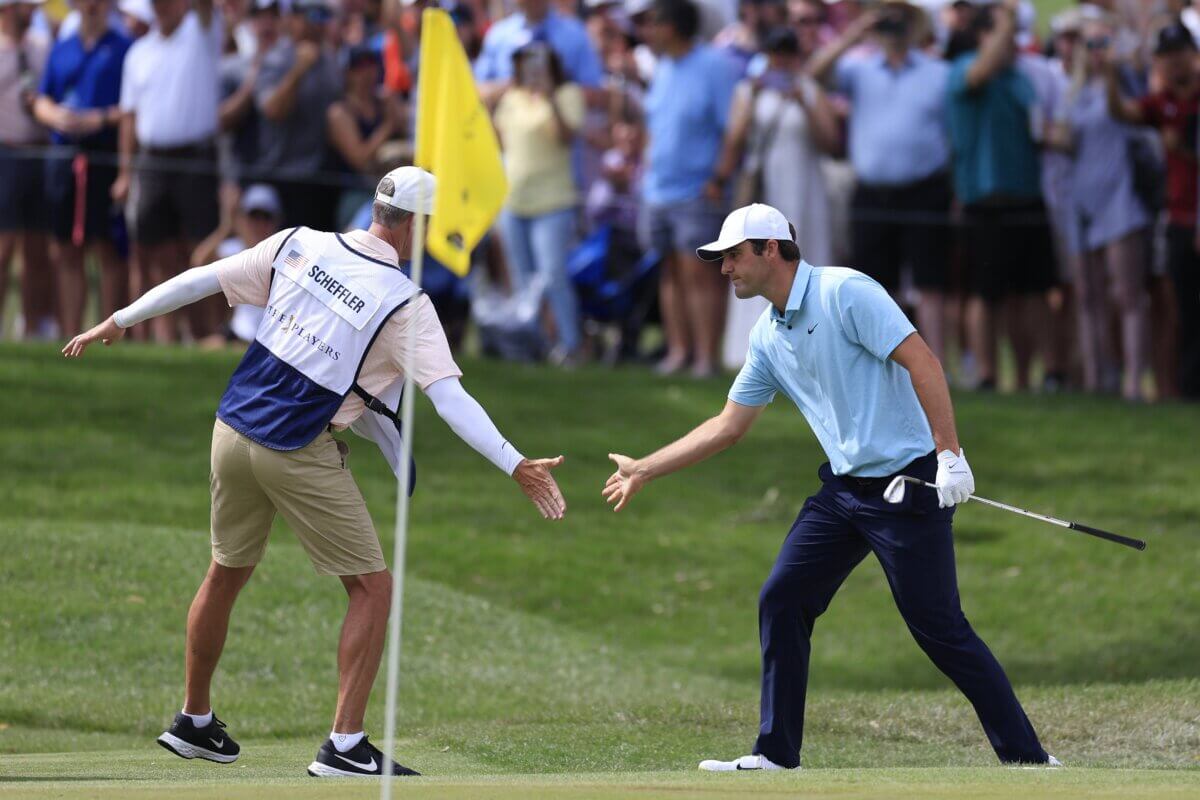

I have two brothers and numerous friends that are scholars from the Cincinnati area.